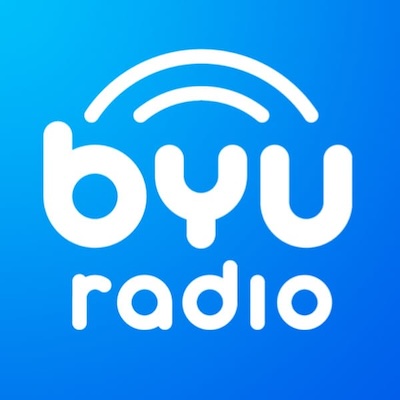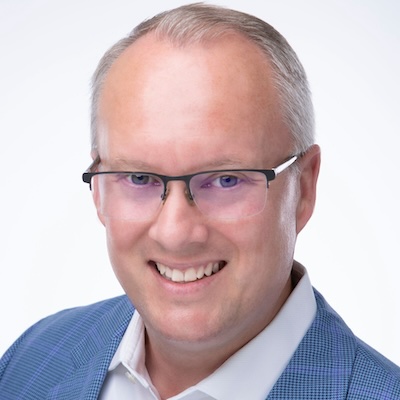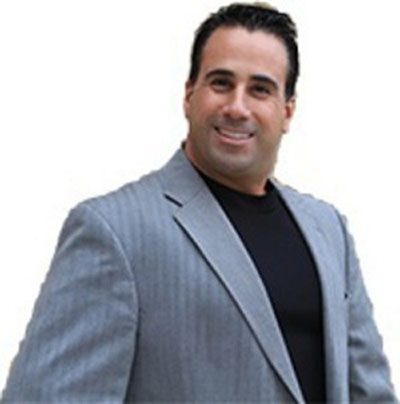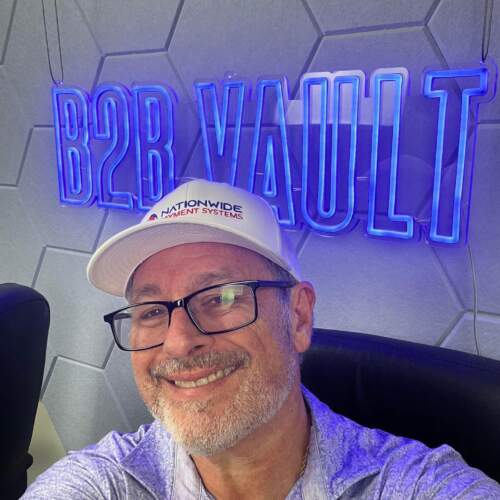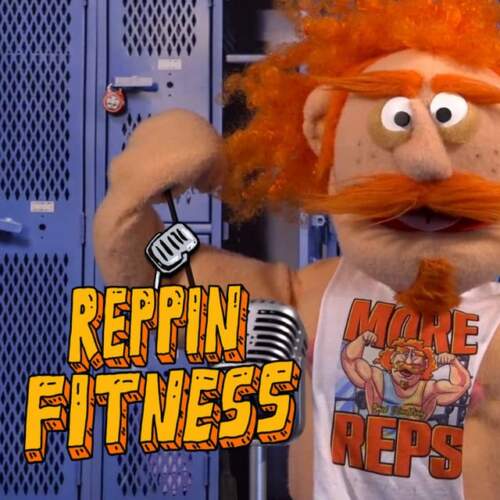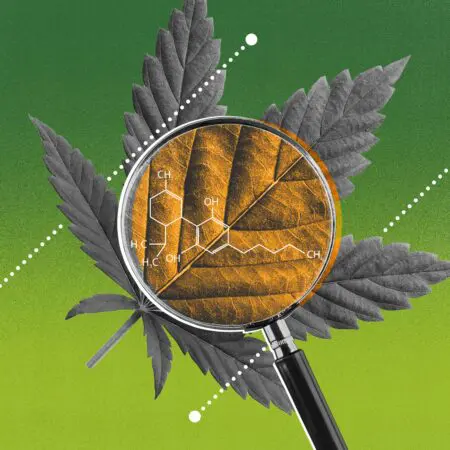
More Americans use cannabis every day, or almost every day, than use alcohol on a daily basis. That's in large part because marijuana is a lot more accessible than it used to be. More than half of us …
More Americans use c…
More Americans use cannabis every day, or almost every day, than use alcohol on a daily basis. That's in large part because marijuana is a lot more accessible than it used to be. More than half of us live in a state where marijuana is recreationally legal. Nearly 8 in 10 live in a county with a marijuana dispensary.But marijuana is still illegal in the eyes of the federal government, which means legalization is being managed almost entirely by a patchwork of state policies. Doctors and scientists are starting to worry about what that means for public health. Is marijuana legalization wo…


